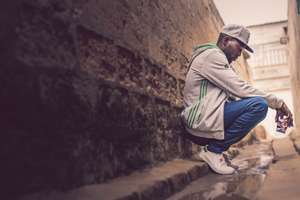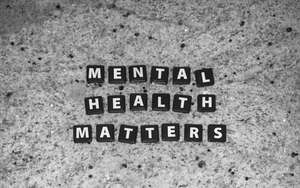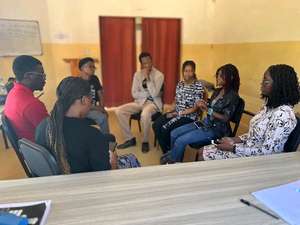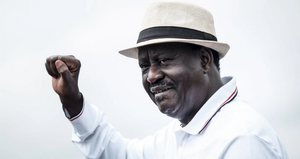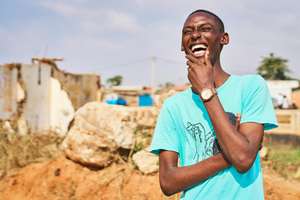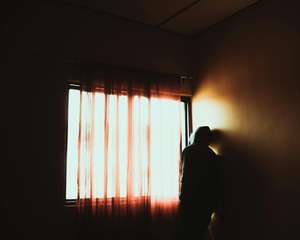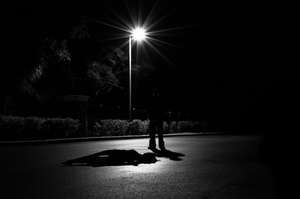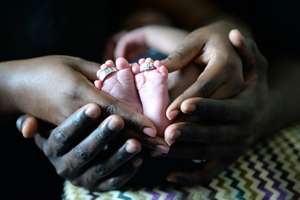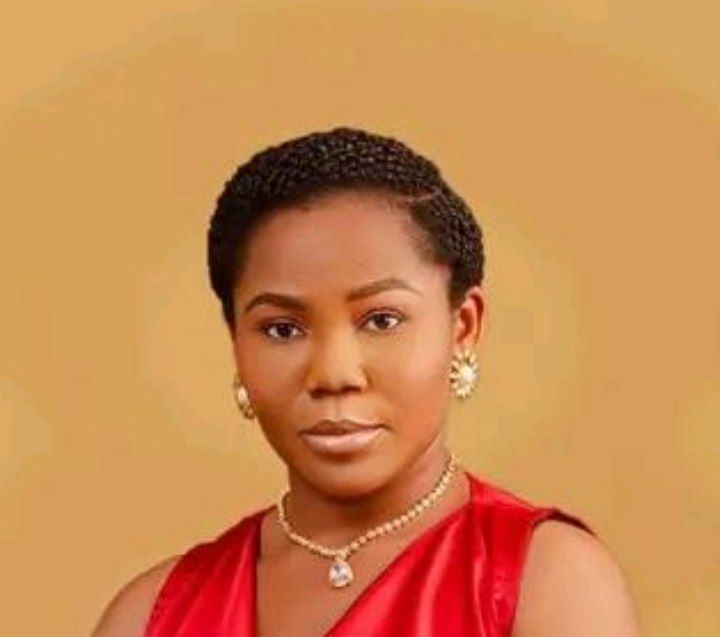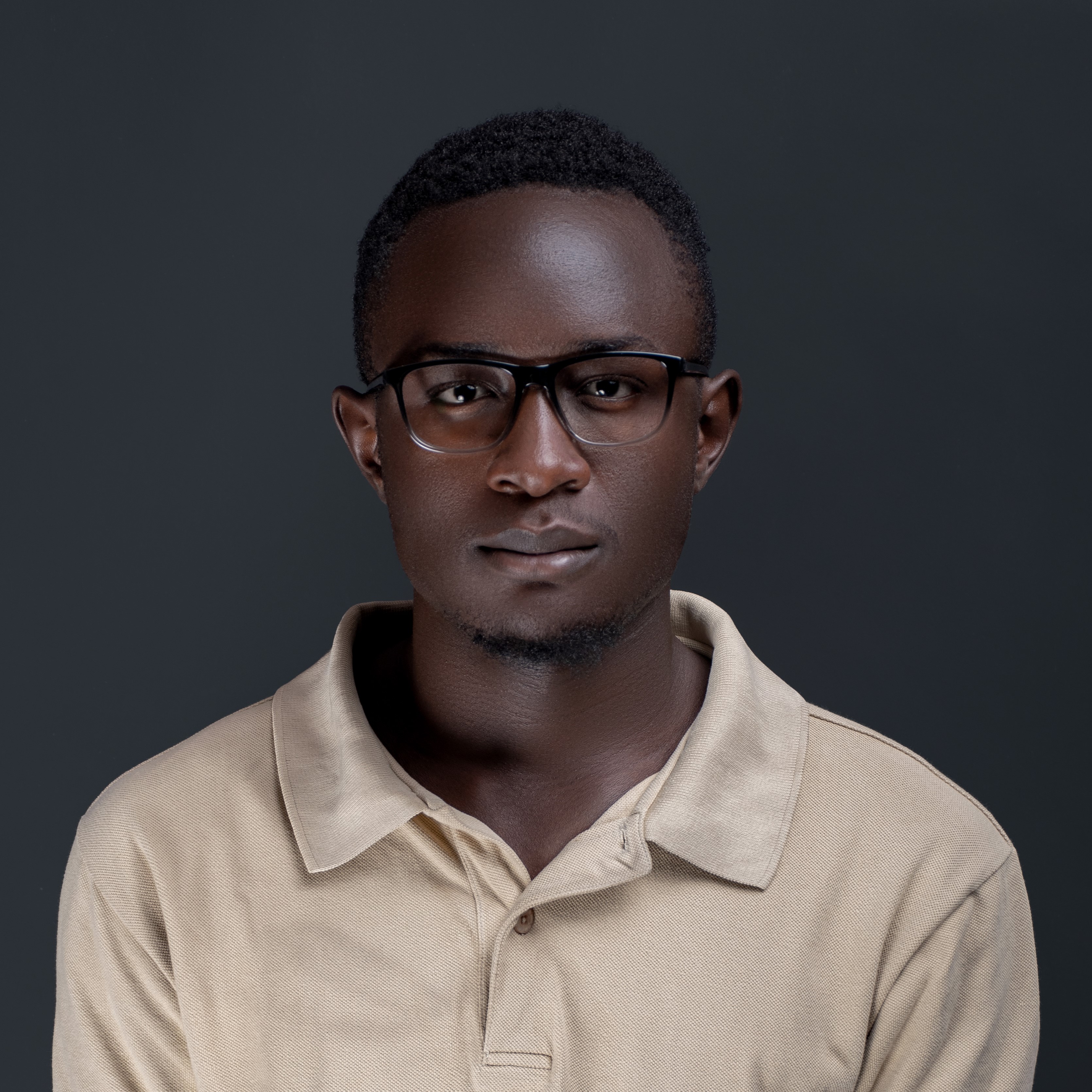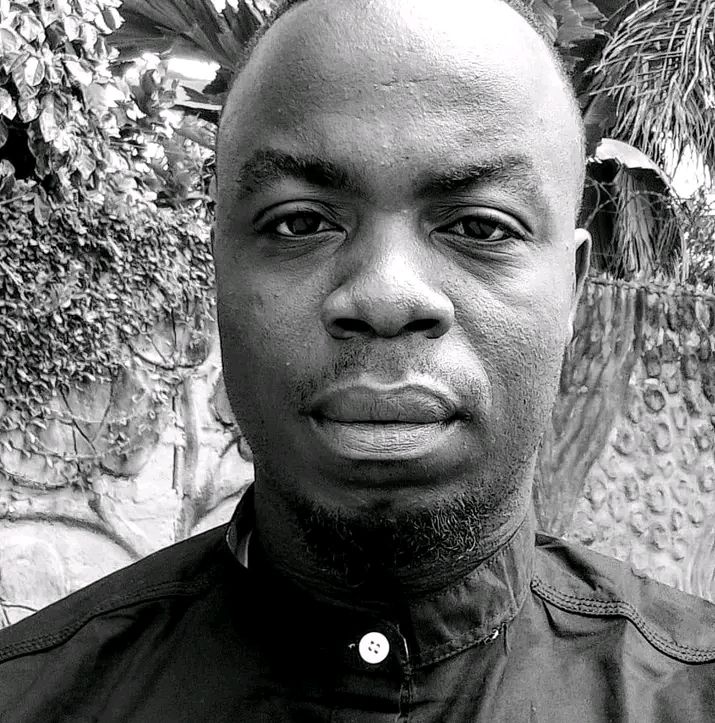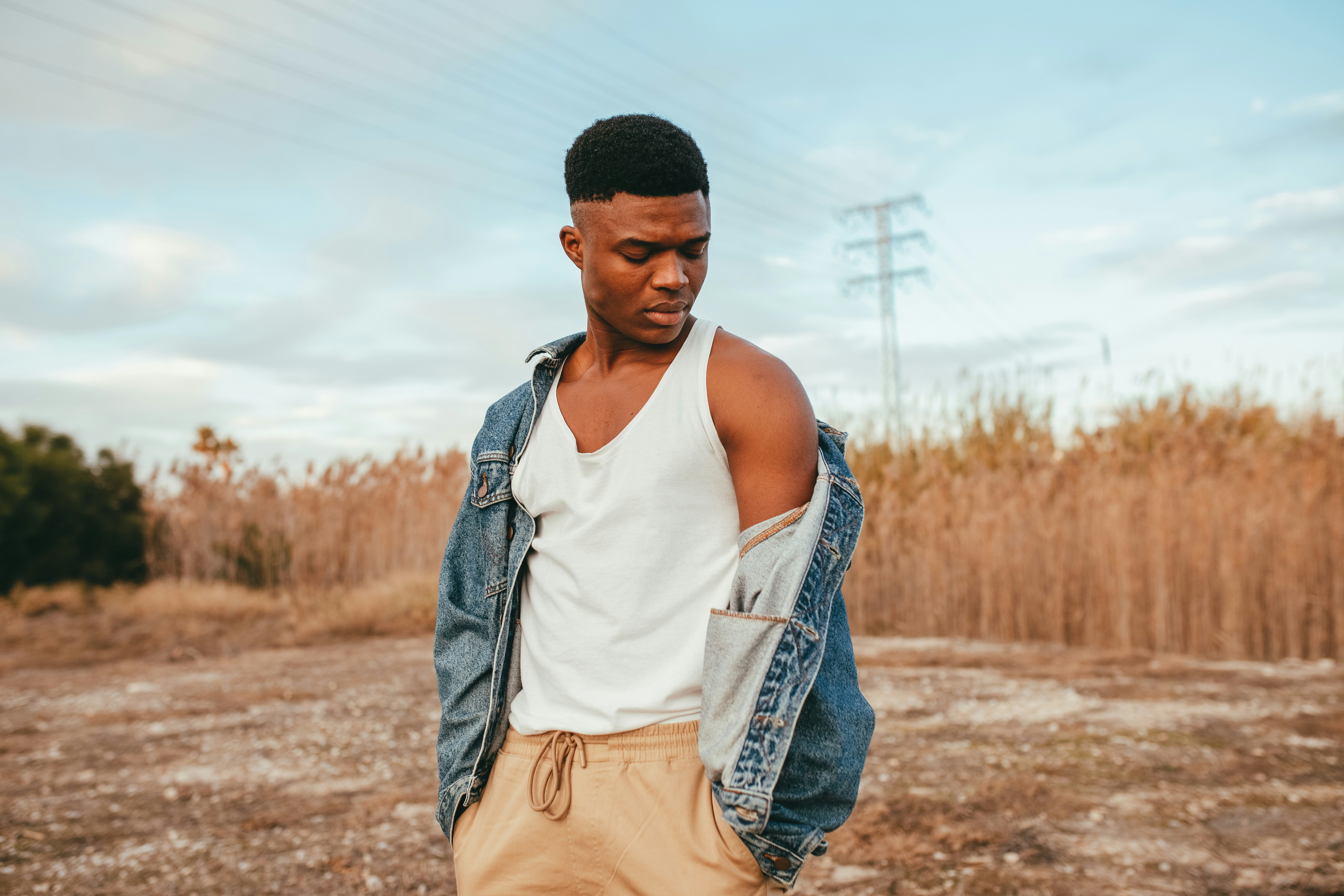
Invisible Cracks in Masculinity: The Weight of Silent Suffering
Reading Time: 5min
I learned early that you can tell when a man is breaking. Not by what he says, but by the small ways he begins to disappear in plain sight.
My uncle Peter was like that.
In Kayole, where we grew up, Peter was known as yule msee wa kicheko—the man whose laughter arrived before he did. He fixed radios for a living, whistled while he worked, and somehow always knew the right story to tell when the house felt heavy. But sometime around 2022, the laughter thinned out. He started arriving home later than usual, standing quietly at the gate on Spine Road as though rehearsing how to enter his own life. When my aunt Margaret asked if something was wrong, he would adjust his cap, clear his throat, and say, “Niko sawa tu. Don’t worry.”
We believed him.
We shouldn’t have.
By then, the numbers were already telling a story we refused to hear. Between 2021 and 2025, suicide statistics across Kenya and South Africa were rising steadily. In South Africa, nearly 75 percent of suicide deaths were men. In Kenya, eight out of every ten people who died by suicide were male. Those figures stopped being abstract the year Peter died. They began to resemble familiar faces.
Like Brian Mwangi, a former colleague at a small media house in Westlands. Brian was the office comedian—the one who diffused tension with sarcasm and memes. When deadlines piled up and salaries delayed, he joked louder. None of us noticed that he stopped taking lunch breaks, that he answered “I’m good” too quickly. When he died by suicide in 2023, his brother later told me Brian had been quietly paying off debts and giving away books. “We thought he was just being generous,” he said. “We didn’t know he was preparing to leave.”
Or like Joseph Otieno in Kisumu, a boda boda rider I met during a mental health outreach in Manyatta. Joseph spoke openly about drinking, about how alcohol helped him sleep when thoughts became unbearable. “People think men drink for fun,” he told me. “Sometimes it’s the only way to silence the noise.” He survived a suicide attempt in 2024. When he sought help, he was laughed at by friends and told to “be strong.” Strength, in his world, meant enduring alone.
We talk about women’s pain often, and rightly so. Their stories of loss, trauma, and survival are visible and necessary. But running parallel to those narratives is another one—quieter, folded into silences and unfinished sentences. The suffering of men who were never taught how to ask for help.
From boyhood, many Kenyan men are taught restraint masquerading as resilience. “Wanaume hawalii.” Men do not cry. Vulnerability is treated like a defect. So boys grow into men fluent in silence, experts at emotional self-erasure. They learn to carry grief the way they carry groceries: tightly, without complaint, until something spills.
But pain that is swallowed does not disappear. It ferments.
In South Africa, research has shown that access to firearms—often entangled with ideas of masculine control—significantly increases suicide risk among men, particularly those navigating unemployment or intimate partner violence. I met Sipho Dlamini in Soweto during a regional mental health forum. He told me how losing his job at a security firm unraveled his sense of self. “If I couldn’t provide,” he said, “who was I?” He survived because a neighbor noticed his isolation and intervened. Many are not so lucky.
I often wonder what might have changed if someone had told my uncle Peter that being human was allowed. That breaking was not the same as failing. That strength could sound like, “I’m tired,” or “I need help.”
The first act of healing is permission. Permission to feel without explanation. Permission to speak without being diminished. We need homes where a man can say, “I’m not okay,” and be met with listening instead of lectures. Communities where vulnerability is not punished with ridicule. A society where masculinity is not defined by silence, but by honesty.
Silence has already cost us too many men.
This is where the man yet to come must begin—not with inherited scripts of stoicism that edge toward self-destruction, but with discernment. Knowing when to stand and when to rest. When to speak and when silence becomes self-burial.
Dear future man, may you practice emotional honesty as a daily discipline, not a dramatic confession. Ask yourself: What am I carrying that is breaking me? Seek help before the weight becomes fatal. Reject the lie that strength and vulnerability are opposites. Understand that courage is not the absence of fear, but the willingness to expose the wound to light.
Let discernment be your compass. Know that walking away can be braver than holding on. That gentleness is not weakness, but mastery. That healing is not a private battle, but a communal responsibility.
If we can build such a society, sons may inherit softness instead of silence. Families may inherit peace instead of echoes. Communities may inherit men who understand that strength is not a clenched fist, but an unclenched heart.
And the next time a man begins to fade quietly at the edges of his life, he will not fall alone.
He will know—and we will know—that humanity was never meant to be carried by one man, in silence.
Public Resources & Directories:
For immediate assistance, especially if someone is in immediate danger, please call the national emergency number 999 or 112.
The table below lists organizations that offer specialized crisis support and counseling.
💡 Tips for Reaching Out
You are not a burden: These helplines exist precisely for this reason. The volunteers and professionals are trained to listen without judgment and offer support
Try more than one service: If the first line you call is busy or doesn't feel like the right fit, please try another. Different organizations may have slightly different approaches, and it's important to find someone you feel comfortable with
For immediate danger: If you believe someone is in imminent danger of harming themselves, do not hesitate to call the national emergency services at 999 or 112
It takes courage to reach out, but it is the first and most important step toward healing. Please do not hesitate to call one of these numbers today; they are there for you.


